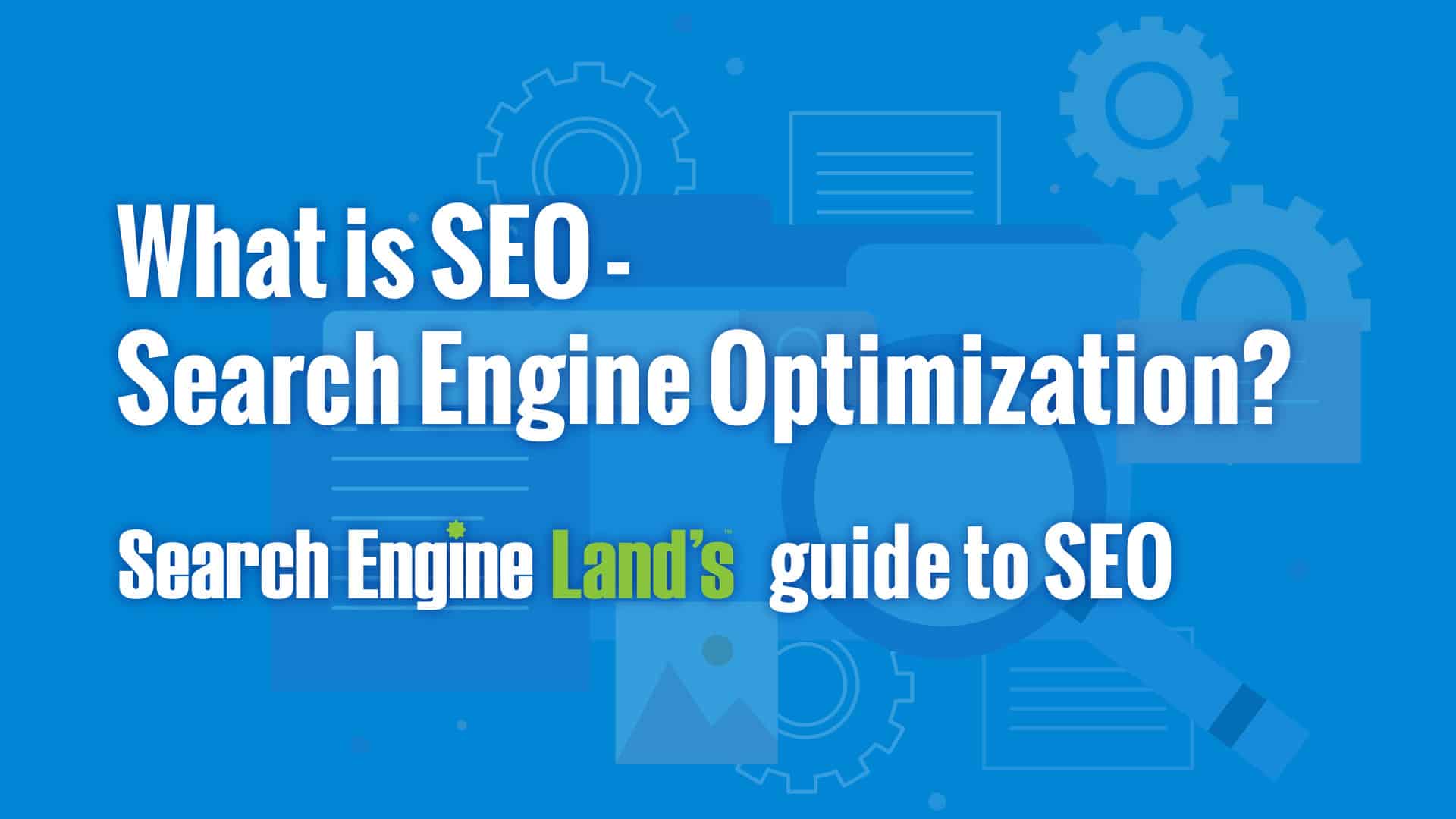The Evolution of Search Engine Optimization: From Key Words to User Experience in Digital Marketing
In the ever-evolving landscape of digital advertising, the journey of SEO from its keyword-centric roots to the current concentrate on individual experience notes a significant transformation. As search engines refine their algorithms to focus on customer contentment, electronic marketing experts discover themselves browsing a surface where comprehending intent, enhancing for mobile, harnessing social signals, and adapting to voice search and AI have actually become critical. This shift symbolizes greater than just an adjustment in techniques; it shows a fundamental reimagining of just how brands get in touch with their target markets in the electronic realm, indicating a brand-new period in search engine optimization approach that goes past simple keywords.
The Rise of User-Centric Material
In the middle of the ever-evolving landscape of digital marketing techniques, the emphasis on user-centric content has actually arised as an essential variable in enhancing online visibility and engagement. In the world of Browse Engine Optimization (SEO), the focus has actually changed from just including search phrases to creating valuable web content that reverberates with the target audience. User-centric content is crafted with the target market's demands, preferences, and behaviors in mind, intending to give meaningful and relevant info.
By prioritizing user-centric content, businesses can establish a stronger connection with their target audience, causing increased trust fund and trustworthiness. This approach not just improves the total user experience yet additionally positively affects internet search engine positions. Browse algorithms, such as Google's, currently put substantial significance on variables like content top quality, relevance, and interaction metrics, making user-centric web content a fundamental facet of any type of effective SEO approach.
Fundamentally, the surge of user-centric content symbolizes a standard change in digital marketing, where the emphasis gets on building connections and supplying worth to users rather than only catering to browse engines. This change underscores the value of developing web content that addresses the requirements and passions of the target audience, ultimately driving organic web traffic and promoting lasting consumer partnerships.
Value of Intent-Based Optimization
The advancement of digital advertising and marketing techniques in the direction of user-centric material has actually led the means for a substantial emphasis on Intent-Based Optimization in Browse Engine Optimization (SEO) Comprehending individual intent is important in producing material that lines up with what customers are searching for online. Intent-Based Optimization concentrates on supplying web content that meets the specific needs and purposes of users, instead of just targeting key phrases.
By assessing and interpreting individual intent, services can customize their web content to offer important info, products, or services that straight address what the individual is trying to find (Top SEO company in Singapore). This technique not only improves the relevance of the web content yet additionally boosts the total customer experience, resulting in higher interaction and conversion prices
Furthermore, search engines like Google significantly prioritize user fulfillment and importance in their formulas. Internet sites that properly optimize for user intent are most likely to rate higher in search results page, driving organic website traffic and presence. In today's affordable digital landscape, mastering Intent-Based Optimization is crucial for remaining ahead in SEO and fulfilling the Related Site progressing demands of online users.
Change Towards Mobile-Friendly Websites
As the frequency of smart phones remains to rise, the change in the direction of mobile-friendly web sites has come to be necessary for organizations looking for to enhance individual experience and search engine optimization efficiency. With more people accessing the web through tablet computers and smart devices, optimizing web sites for mobile has actually transitioned from being a choice to a need in the digital landscape.
Mobile-friendly internet sites provide a smooth browsing experience by adapting to various screen sizes and resolutions, ensuring that material is conveniently accessible and visually appealing on all tools. Top SEO company in Singapore. Along with offering a far better individual experience, mobile optimization is likewise critical for SEO success. Online search engine like Google focus on mobile-friendly websites in their positions, considering aspects such as receptive layout, page packing speed, and mobile usability when figuring out search engine result positions

Role of Social Signals in Search Engine Optimization
How do social signals helpful hints affect the ranking of internet sites in online search engine results? Social signals are a key consider contemporary search engine optimization methods, playing an essential role in affecting an internet site's online search engine ranking. These signals are signs of a site's appeal, authority, and significance based upon social media interactions such as likes, shares, remarks, and overall interaction. Online search engine think about social signals as a measure of an internet site's integrity and dependability, influencing its position in search results page.

Accepting Voice Look and AI
Embracing the innovations of voice search modern technology and expert system (AI) is necessary for staying in advance in the electronic marketing landscape. Voice search has gained substantial appeal with the rise of virtual assistants like Siri, Alexa, and Google Assistant. Enhancing web content for voice search includes recognizing all-natural language patterns and long-tail keywords that reflect just how individuals speak. AI, on the other hand, plays a crucial duty in assessing vast amounts of information to customize customer experiences, predict trends, and automate tasks.

Verdict
To conclude, the advancement of SEO has actually seen a change from focusing exclusively on key words to focusing on customer experience in electronic advertising. This change has highlighted the relevance of user-centric web content, intent-based optimization, mobile-friendly websites, social signals, best site and the combination of voice search and AI modern technologies. By adapting to these changes, services can boost their online existence and successfully reach their target market in the ever-evolving digital landscape.
As search engines refine their formulas to focus on customer satisfaction, digital marketing professionals locate themselves navigating a surface where recognizing intent, maximizing for mobile, harnessing social signals, and adapting to voice search and AI have ended up being critical. Understanding user intent is essential in producing material that lines up with what customers are looking for online. Look engines like Google focus on mobile-friendly sites in their rankings, thinking about aspects such as receptive style, web page packing speed, and mobile functionality when figuring out search result settings.
Browse engines think about social signals as a procedure of a web site's integrity and dependability, influencing its placement in search outcomes.
Internet sites that obtain high degrees of social interaction have a tendency to carry out much better in search rankings, as search engines analyze these signals as indications of useful and easy to use web content.